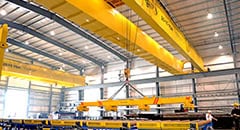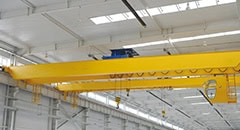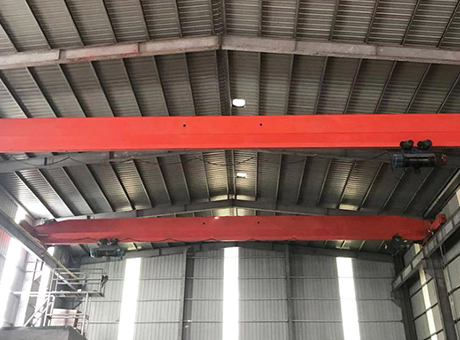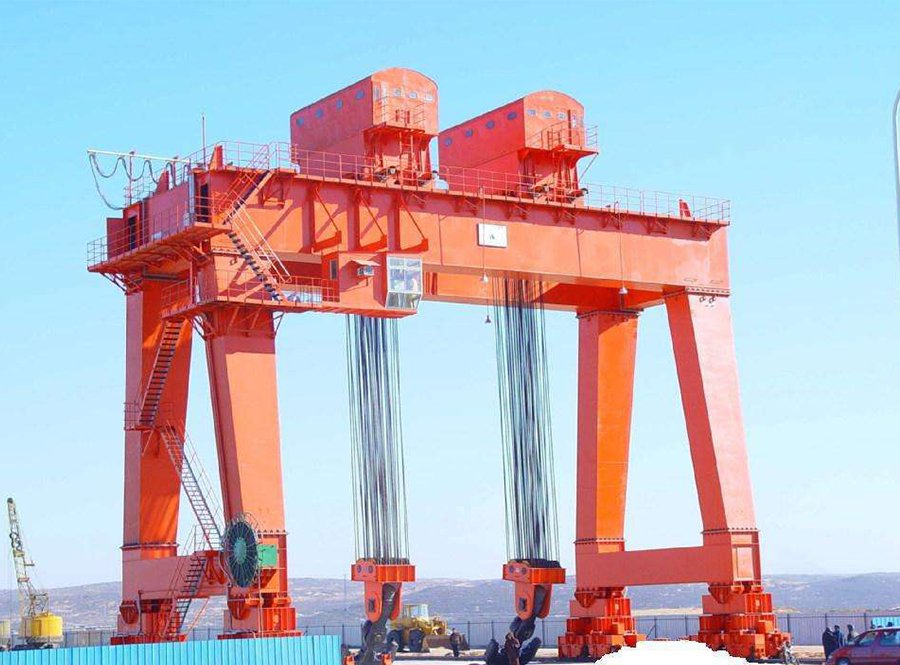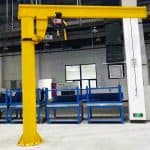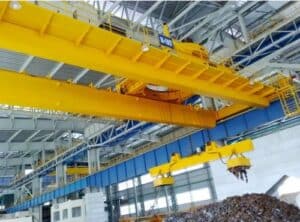Gantry crane is a common lifting equipment, widely used in ports, construction sites and logistics centers and other places. It has excellent lifting capacity and flexibility, but it also has some disadvantages. This article will explore the disadvantages of gantry cranes to help readers better understand the limitations of this equipment.
Restricted Space and Layout Requirements:
Gantry cranes often require large areas of operating space, which can be a limitation in some environments where space is limited. The structure of the gantry crane itself is relatively large and requires sufficient space for movement and operation. In addition, for some special workplaces, such as narrow factory workshops or areas with height restrictions, the use of gantry cranes may be limited.
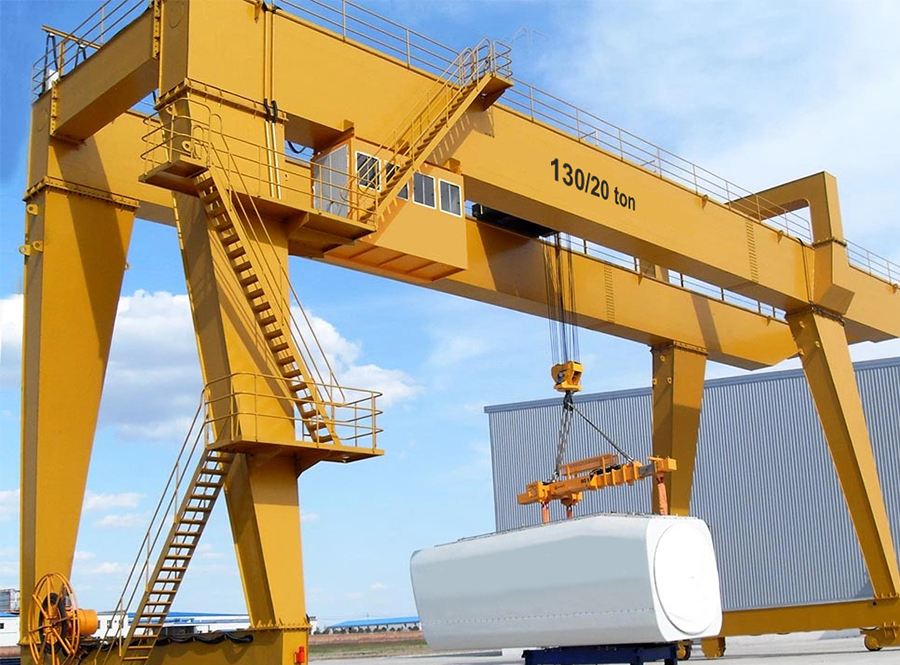
High installation and maintenance costs:
Gantry cranes are usually expensive to install and maintain. Due to its complex structure, extensive installation work was required, including the construction of foundations and erection of the steel structure. These tasks require extensive human and material resources and may require specialized construction equipment. In addition, since gantry cranes are usually located outdoors, prolonged use and exposure to harsh weather conditions may cause wear and damage to the equipment, increasing maintenance and repair costs.
Difficulty transporting and moving:
Moving and transporting gantry cranes is often a challenging task. Due to its bulky structure and weight, specialized transport equipment and techniques are required for its removal. This not only adds to the complexity of shipping, but can also lead to high shipping costs. In addition, it should be noted that the movement of the gantry crane may have a certain impact and disturbance on the surrounding environment, especially in cities and crowded areas.
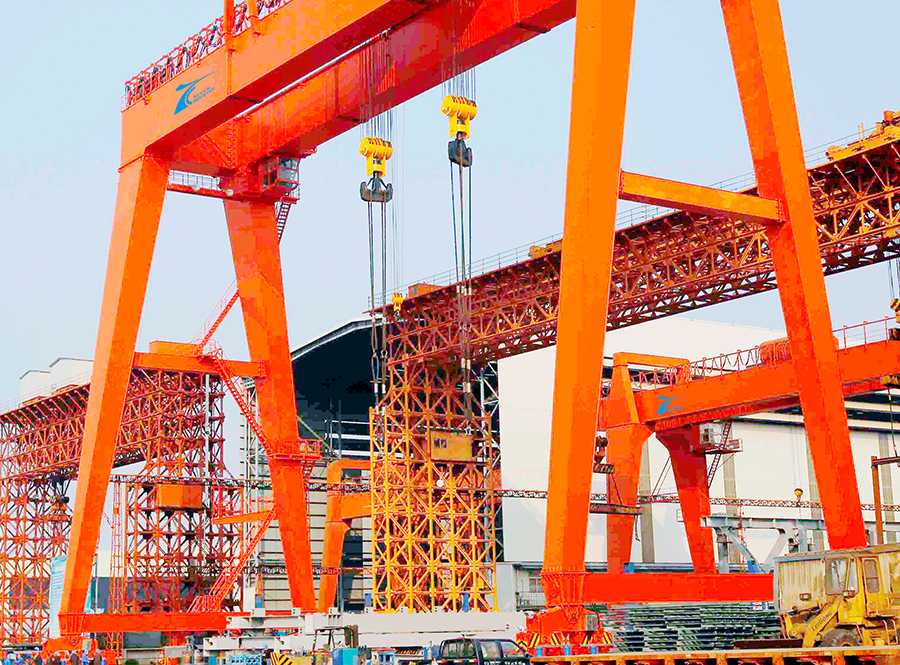
Limit crawl range and height:
There are also certain restrictions on the reach and height of the gantry crane. Due to the characteristics of its structure, the gantry crane has a large grab range in the horizontal direction, but the grab height in the vertical direction is limited. This means that in some high-rise buildings or engineering projects that need to exceed their height restrictions, gantry cranes may not be up to the job.
As a common lifting equipment, gantry crane plays an important role in many occasions. However, we cannot ignore its disadvantages. Restricted space and layout requirements, high installation and maintenance costs, difficult transport and movement, and limited reach and height are all challenges for gantry cranes. When choosing lifting equipment, it is necessary to comprehensively consider the working environment and project requirements, weigh the pros and cons, and choose the most suitable lifting solution.

